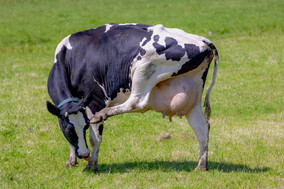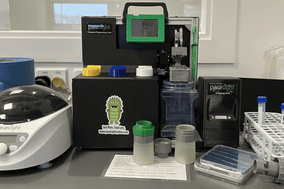OUR APPROACH
West Coast Vets offer a range of services for our Dairy farms mainly focused on animal health programmes aimed at preventing disease occurrence. We are continuously aiming to ensure we provide the right services for our farmers.
We know farming is a tough job – here are the services we provide to cater to your animal needs:
Lameness control with Dairy NZ’s Healthy Hoof programme. Working to improve lameness in dairy cows through improved management of cows and people with a trained healthy hoof consultant.
Mastitis control and milk quality management including grade busting and whole herd paddling with trained vets and technicians.
Dairy reproductive services including pregnancy testing and routine non-cycler and synchronisation services.
Trained “In Calf” advisors in all clinics. Aiming for a continuous improvement process by challenging farmers to take a systematic approach towards a sustainable improvement in reproductive performance.
Trace element monitoring at critical and regular periods during the year i.e. Pre-calving, pre-mating and pre-drying off.
Gastrointestinal parasite and liver fluke monitoring through milk tests to ensure treatments are targeted and accurate.
Dry off treatments are available in conjunction with a full consultation with a large animal veterinarian to determine the best product for your farm and the right cows to treat it with.
Restricted veterinary medicine consultations are carried out yearly and are a detailed look at your entire farm system to spot areas for improvement and reduce reliance on medicine. These RVM’s also act as a prescription to ensure that medicine is available quickly when you need it.
Body condition scoring by one of our trained technicians or veterinarians to ensure that your herd is on target for maximum production.
Drench programmes for all ages and types of stock from our experienced team to provide maximum growth.
BVD is a growing problem on the coast and through West Coast Vets you can sign up for the LIC BVD monitoring programme which gives you multiple milk tests at critical times of the year.
Sign up for yearly Johne’s disease monitoring through West Coast Vets to combat the growing problem, our tests are carried out at the same time as your herd milk test.
Disbudding at a very competitive rate and includes sedation, local anaesthetic and your choice of long acting pain relief to help them get back on their feet as quickly as possible after what can be a stressful experience.
Technical Services to Help Management on the Farm
West Coast Vets run a calf disbudding programme in the spring which each season disbuds calves painlessly and with minimal stress for operator and calf. Regular pre-booked visits can be arranged and the work will be done by our vets and techs so that farm staff are free for other tasks. Regular fertility visits in the spring and teatsealing in the winter are two more areas where our teams of vets and techs can help with on farm tasks.
We are always here to help – so don’t hesitate to get in touch, anytime, anywhere!
THE BENEFITS
Why West Coast Vets is a great choice

We're locals
We’ve been located throughout the West Coast area for decades. It’s where we’re from and where we raise our families.

Wide network
We’re plugged into the Veterinary world and our team can call on expertise from all over the world, then deliver it locally.

Handy clinics
We’re close to you for consults, supplements, supplies...whatever you need. Pop on in or organise a delivery.












